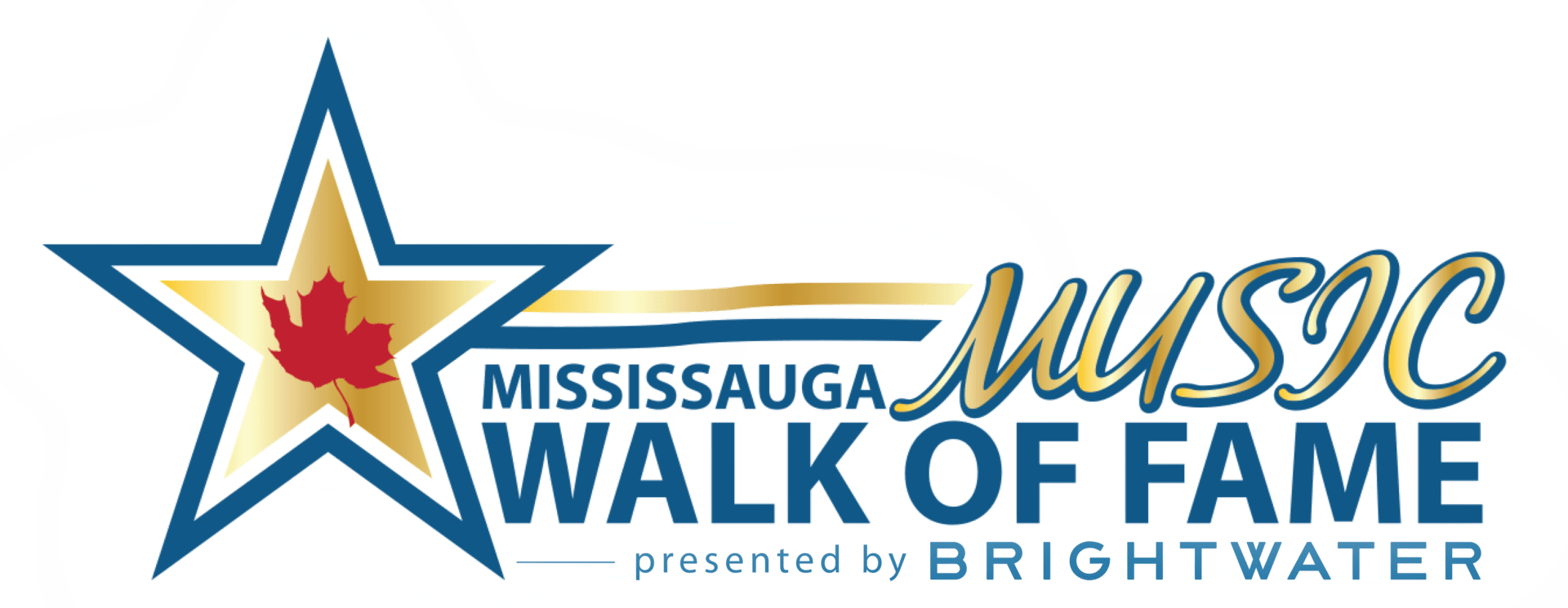
2012 Inductee: Oscar Peterson

Oscar Peterson’s sound may be the most recognizable thing in jazz. In fact, it may be the most recognizable thing in music. Millions of jazz fans can tell from just a few notes that they are listening to Oscar play piano — his sense of time, his phrasing, his command and his vitality — they all signify that you are listening to “the Maharaja of the piano” as Duke Ellington famously called him.
Peterson was born in Montreal, was unveiled to the world by his great friend and producer Norman Granz at Carnegie Hall in September 1949 and was embraced by the international jazz community in a career that spanned six decades — and spawned a legacy that is unmatched by any other Canadian jazz player and few other musicians anywhere in the world.
His fellow performers revered Peterson for his impossibly high standards, his relentless drive to be the best and his versatility — which saw him front his brilliant trios, act as the house pianist for Verve Records for a decade and then turn around and become the sensitive accompanist to the best-of-the-best of the jazz singing world, from Billie Holiday to the superb duets of Ella Fitzgerald and Louis Armstrong.
When Oscar Peterson sat down at the piano stool, there was never any doubt that something extraordinary was about to happen. He’d flash that big smile, then unleash that big arsenal of sound to which, he alone, seemed to have exclusive domain.
Fellow pianist Marian McPartland may have put it best when she said: “He creates a different kind of emotion, a heady excitement, because of his overwhelming capacity to dazzle and generate exhilaration. At times, it’s almost as if he’s driven by a force greater than himself that makes him play at an impossible speed, but when he changes pace and performs a reflective piece, one can hear the tender side of Oscar, the voicings he uses that are his alone.”
Peterson was a proud Canadian. His Canadiana Suite is an homage to his homeland that is as breathtaking in its scope as are the variations in landscape from Newfoundland to British Columbia that inspired its creation.
He was also a proud Mississaugan who lived here for some 35 years. Although he won 8 Grammies, the UNESCO International Music Prize, the Governor General’s lifetime achievement award for performing arts, the Jazz at Lincoln Centre award for artistic excellence and the equivalent of the Nobel prize for the arts, the prestigious Praemium Imperiale award, he said that two of the greatest honours in his career were the City’s 2003 tribute day for him, which included an all-star concert at LAC, and the naming of Oscar Peterson Public School in his honour.
Peterson was a mentor and an inspiration to pianists everywhere, from Diana Krall, to Hiromi, the Japanese fusion phenom. The first words she learned to say in English were “Oscar Peterson.”
She told me in an interview before her 2004 tribute concert at LAC that one of her greatest honours was meeting Peterson at his home when she was in her early 20s.
“It was an amazing experience. I could touch his piano. I could play his Boesendorfer. I was seeing my super-hero right in front of me. I was crazy- happy, listening to all of the stories about Frank Sinatra and all the other jazz legends he’s been playing with.
“It was like a dream house to me, with all of the posters of old concerts on the walls. It was like a museum to me.”
She continued by saying “When I got back home I went to the park and they took a picture of me jumping as high in the air as I could. I love jumping. I sent it to Oscar and said this is how I feel to meet you.” That’s how it was for everyone to meet Oscar and to hear his marvellous music.
He made us all leap for joy at his genius.



